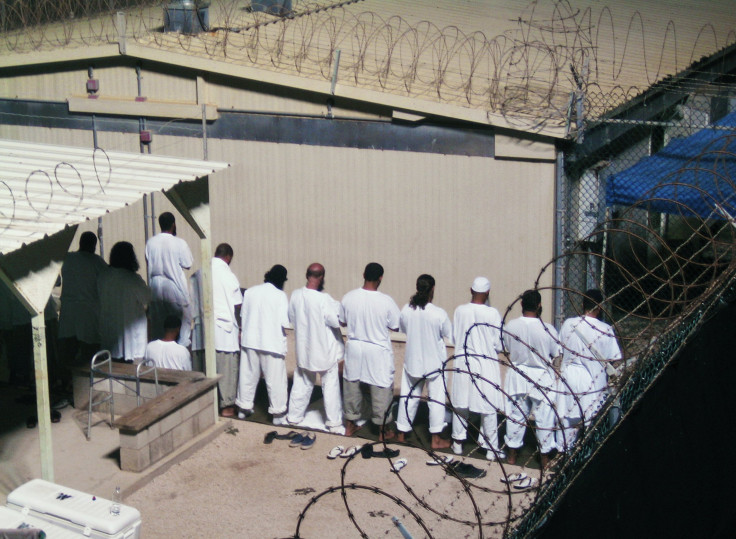US Will Release Five Prisoners From Guantanamo Bay To Uruguay

President Jose Mujica of Uruguay has agreed to a request by President Obama to receive five prisoners from Guantanamo Bay detention center.
Mujica was imprisoned for 14 years in the 1970s and 1980s for his activities as a leftist guerilla, which he says weighed on his decision to host the detainees.
“It’s a human rights issue,” said President Mujica, “there are 120 guys who have been prisoners 13 years that haven’t seen a judge, prosecutor, anybody. The president of the U.S. wants to get rid of this problem.”
No definitive agreement has been made between the countries for prisoner transfer. The Uruguayan magazine that published the report says a deal could include a stipulation that the prisoners stay in Uruguay for at least two years, but the U.S. ambassador to Uruguay said no deal has been made and that was “not correct.”
The U.S. will want Uruguay to keep an eye on the detainees, and regardless of the state of negotiations, Mujica said “if inmates of Guantanamo want to make their nests in Uruguay, they can do it,” and that he “would not be their jailer.”
The U.S. is hoping to release more prisoners to South American countries in the future and building a relationship with President Mujica could help. Officials say they reached out to Mujica for his leadership in South America.
President Obama called on Congress to act to close Guantanamo Bay detention center by the end of this year but has faced resistance from lawmakers over transfer restrictions. In his State of the Union address in late January, President Obama said “we counter terrorism not just through intelligence and military actions but by remaining true to our constitutional ideals.”
The Obama administration has released 81 detainees to their home countries and other states since he took office, but there are still 154 remaining. He has reached out to multiple countries to host former detainees.
Prisoners have gone on hunger strike to protest their imprisonment, the latest wave in 2013. In July, 106 detainees were on hunger strike, half of those were force-fed with feeding tubes. Officials stopped publishing reports related to the hunger strikes in December 2013. At that time there were 15 prisoners still on strike, all being force-fed.
Mujica is known as “the poorest president in the world” for his modest lifestyle. He lives in his wife’s rural farmhouse and donates 90 percent of his roughly $12,000 monthly salary to charity.
Mujica is a conflicting figure in Uruguay. He’s a liberal icon internationally and says his time as a prisoner shaped an outlook on life that favors simplicity and sustainability. He often champions for environmentally friendly practices and criticizes “hyper-consumption that is harming our planet.”
He made headlines when he signed a law that paves the way for a legal and regulated marijuana market. Still, not all Uruguayans think his lifestyle is unbecoming of a president. Others simply don’t care, so long as he performs in office. As of October 2013 he has a 51 percent popularity rating and a 45 percent performance approval rating.
© Copyright IBTimes 2024. All rights reserved.












